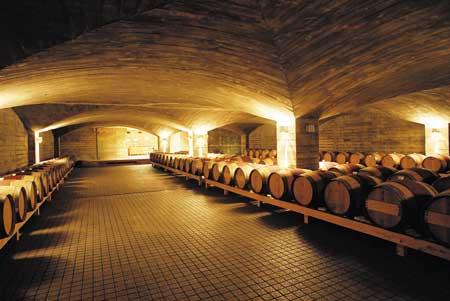| MOST businesses recognise the wisdom of investing in energy efficiency, but accessing and justifying the capital can be challenging. Transfield Worley and its energy management consultancy, Demand Response, have developed an innovative solution to overcome these barriers. It’s called an Energy Conservation Performance Contract (ECPC). An ECPC allows our customers to implement an energy efficiency initiative with no capital outlay. Instead, the savings that the initiative generates are paid to Transfield Worley over a fixed contract period, after which the ownership is transferred to the customer. A project performed under an ECPC has many benefits to the customer over a standard contract model. A single entity undertakes the feasibility study, design, construction and ongoing monitoring, which is a real benefit when it comes to coordination of the project. It is in the provider’s interest to maximize energy savings, as its profits are directly tied to the performance of the energy efficiency project. The potential energy savings are estimated, agreed and included within the ECPC contract itself. If the project underperforms, then the provider carries the costs, because the contract length is fixed. If the initiative over-performsF, then the additional savings are shared between the provider and the customer. This arrangement means the provider undertakes ‘continuous commissioning’ during the course of the project to ensure the scheme is operating at its optimum level and maximising energy savings. This also reduces the customer’s exposure to the highest risk period of the project; during the bedding in. At the end of the agreed contract, ownership of the plant/equipment is passed on to the customer. This period of time depends upon the project, but is typically between three and five years. There is also flexibility to allow the customer to receive a portion of the energy savings from day-one and to correspondingly extend the contract length, so that both cost and emissions savings benefit the customer right from the start. EECA is keen to support businesses that are committed to achieving energy savings and provides grants for energy audits, design audits and technology implementation. This potential assistance opens up a wide variety of projects that can be considered under an ECPC – from heat recovery and heat pump opportunities through to renewable energy solutions. ECPC benefits include: • Zero capital outlay. • Low technical and financial risk. • Reduced exposure/risk of inflationary energy costs. • Peak demand savings. • Immediate emissions savings. • One provider through all project phases. In one example, Transfield Worley and Demand Response assisted the Craggy Range Winery with the installation of a new heat recovery system under an ECPC. Craggy Range is a company committed to sustainable wine growing and recognises that energy efficiency is a key component of reducing its greenhouse gas emissions. |
The project at the Hawkes Bay winery was designed and installed by Transfield Worley and also received some funding from EECA. The system makes use of the overlap in heat output from the chillers and air compressors, and the heat requirement in hot-water services. It was important to get the configuration, monitoring and controls right and to ensure a suitable medium for storing and upgrading the waste heat. |






